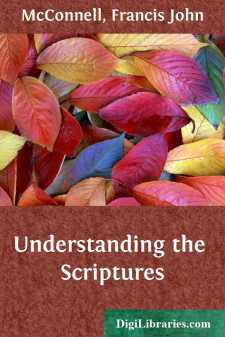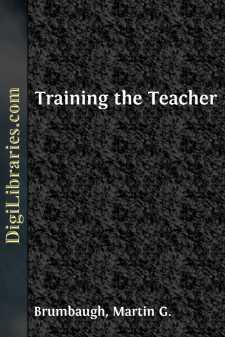Categories
- Antiques & Collectibles 13
- Architecture 36
- Art 48
- Bibles 22
- Biography & Autobiography 816
- Body, Mind & Spirit 145
- Business & Economics 28
- Children's Books 17
- Children's Fiction 14
- Computers 4
- Cooking 94
- Crafts & Hobbies 4
- Drama 346
- Education 58
- Family & Relationships 59
- Fiction 11834
- Foreign Language Study 3
- Games 19
- Gardening 17
- Health & Fitness 34
- History 1378
- House & Home 1
- Humor 147
- Juvenile Fiction 1873
- Juvenile Nonfiction 202
- Language Arts & Disciplines 89
- Law 16
- Literary Collections 686
- Literary Criticism 179
- Mathematics 13
- Medical 41
- Music 40
- Nature 179
- Non-Classifiable 1768
- Performing Arts 7
- Periodicals 1453
- Philosophy 66
- Photography 2
- Poetry 897
- Political Science 203
- Psychology 45
- Reference 154
- Religion 516
- Science 126
- Self-Help 85
- Social Science 82
- Sports & Recreation 34
- Study Aids 3
- Technology & Engineering 59
- Transportation 23
- Travel 463
- True Crime 29
Our website is made possible by displaying online advertisements to our visitors.
Please consider supporting us by disabling your ad blocker.
Understanding the Scriptures
Categories:
Description:
Excerpt
CHAPTER I
PRELIMINARY
The problem as to the understanding of the Scriptures is with some no problem at all. All we have to do is to take the narratives at their face meaning. The Book is written in plain English, and all that is necessary for its comprehension is a knowledge of what the words mean. If we have any doubts, we can consult the dictionary. The plain man ought to have no difficulty in understanding the Bible.
Nobody can deny the clearness of the English of the Scriptures. Nevertheless, the plain man does have trouble. How far would the ordinary intelligence have to read from the first chapter of Genesis before finding itself in difficulties? There are accounts of events utterly unlike anything which we see happening in the life around us, events which seem to us to contradict the course of nature's procedure. There are points of view foreign to our way of looking at things. More than that, there seem to be actual contradictions between various portions of the books. And, above all, the way of life marked out in the Book seems to lead off toward mystery. To save our lives we have to lose them. All the precepts of common sense seem set at defiance by some passages of the Book. How can we explain the hold of such a book on the world's life?
When once the problem of the understanding of the Scriptures is raised, various solutions are offered, all of which contribute a measure of help, but most of which do not greatly get us ahead. For example, we are told that the Book is translated literature, and that if we could get back to the original narratives in the original languages, we would find our perplexities vanishing. There is no question that a knowledge of Greek and Hebrew does aid us in an understanding of the Scriptures, but this aid commonly extends only to the meaning of particular words. One who knows enough of Greek or Hebrew to enter sympathetically into the life of which those languages were the expression is prepared to sense the scriptural atmosphere better than one who has not such equipment. Very few Scripture readers, however, are thus qualified to understand Greek and Hebrew. Very few ministers of the gospel are so trained as to be able to pass upon shades of meaning of Greek or Hebrew words against the judgment of those who teach these languages in the schools. With graduation from theological school most ministers put Hebrew to one side; and many pay no further attention to Greek. Even a trained biblical student is very careful not to question the authority of the professional linguistic experts. Apart from sidelights upon the meaning of this or that passage, there is very little that the biblical student can get from Greek or Hebrew which is not available in important translations. We cannot solve the greater difficulties in biblical study by carrying our investigations back to the study of the original languages as such. The fact is that emphasis upon the importance of mastery of Greek and Hebrew for an insight into scriptural meanings rests largely upon a theory of literal inspiration of the biblical narratives....













